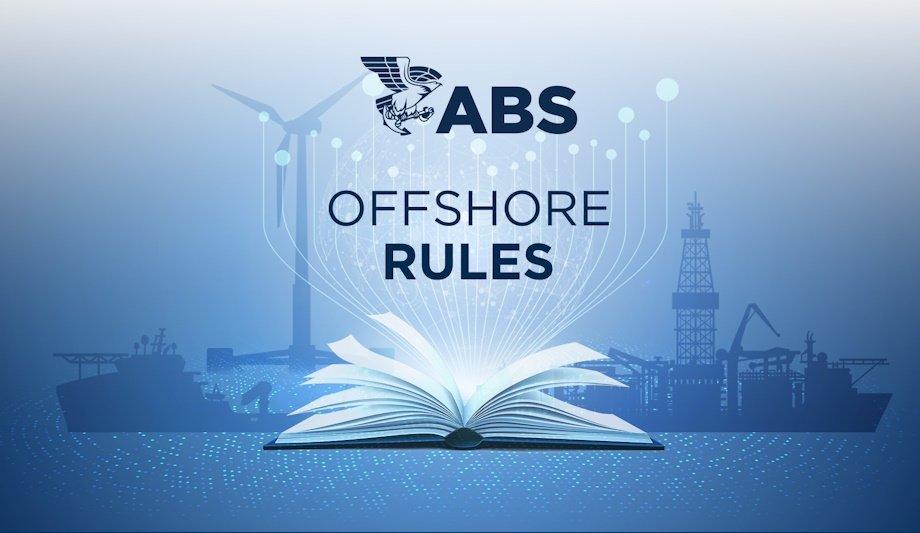ABS has introduced new Rules for Building and Classing Offshore Units (Offshore Rules) that bring multiple rule sets into a single, unified document with risk-based approaches for verifying new technologies along with easier navigation to support clients.
The forward-looking initiative is part of a multi-year collaboration with industry, shipyards, owners, equipment manufacturers, designers and regulators to support the fast-moving technology advancements and innovations driven by digitalisation and decarbonisation.
Decommissioning of offshore units
ABS has consolidated its existing rule sets, including those for mobile offshore units and floating installations
ABS has consolidated its existing rule sets, including those for mobile offshore units and floating installations, into one, easily accessible publication featuring a new format with enhanced graphics for increased clarity, expanded search capabilities, and greater transparency regarding mandatory and optional notations.
“This is a major step forward in simplifying how our clients and the industry at large navigate ABS rules, allowing any combination of service function and structure type, all under one unified framework. ABS is committed to ensuring that the offshore industry has the most comprehensive, clear, efficient and up-to-date framework for the design, construction, operation and decommissioning of offshore units and assets,” said Dan Cronin, ABS Vice President, Class Standards.
New ABS Offshore Rules
These updates follow enhancements made to ABS Marine Vessel Rules in January 2024 and in 2023, where ABS launched the industry’s only Custom Rule Book application, a powerful new tool that allows users to instantly create tailored rules sets for their specific vessel or project.
ABS Offshore Rules, available here, will take effect on January 1, 2025. To support a smooth transition, ABS is allowing a year of grace specifically for users of the current Floating Production Installation and Facilities Rules, where those clients can choose to continue classing their assets under current ABS Rules or transition to the new ABS Offshore Rules.











